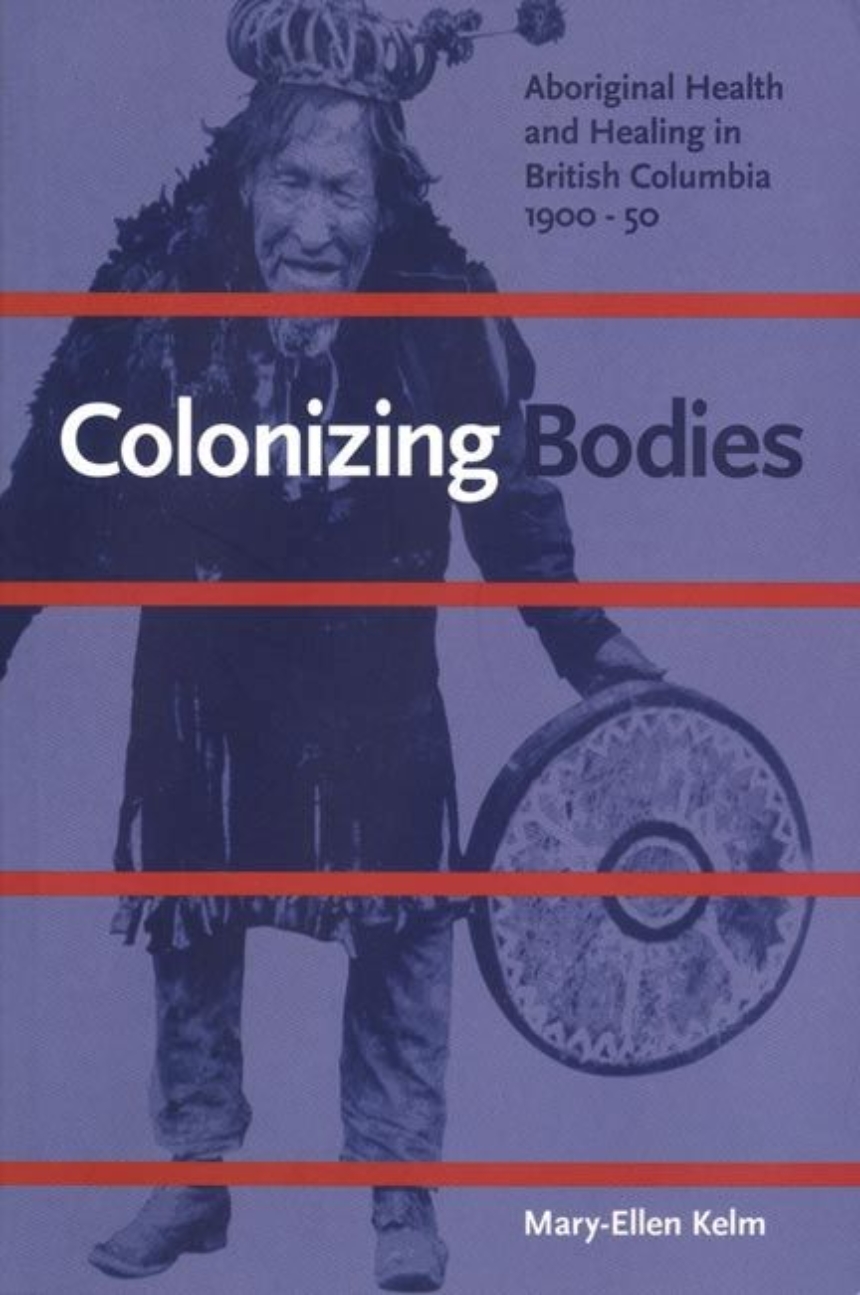University of British Columbia Press
Colonizing Bodies
Aboriginal Health and Healing in British Columbia, 1900-50
Distributed for University of British Columbia Press
Colonizing Bodies
Aboriginal Health and Healing in British Columbia, 1900-50
Table of Contents
Contents
Illustrations, Figures, and Tables
Acknowledgments
Introduction
Part 1: Health
1 The Impact of Colonization on Aboriginal Health in British Columbia: Overview
2 “My People Are Sick. My Young Men Are Angry”: The Impact of Colonization on Aboriginal Diet and Nutrition
3 “Running Out of Spaces”: Sanitation and Environment in Aboriginal Habitations
4 A “Scandalous Procession”: Residential Schooling and the Reformation of Aboriginal Bodies
5 Aboriginal Conceptions of the Body, Disease, and Medicine
Part 2: Healing
6 Acts of Humanity: Indian Health Services
7 Doctors, Hospitals, and Field Matrons: On the Ground with Indian Health Services
8 Medical Pluralism in Aboriginal Communities
Conclusion
Notes
A Note on Sources
Select Bibliography

